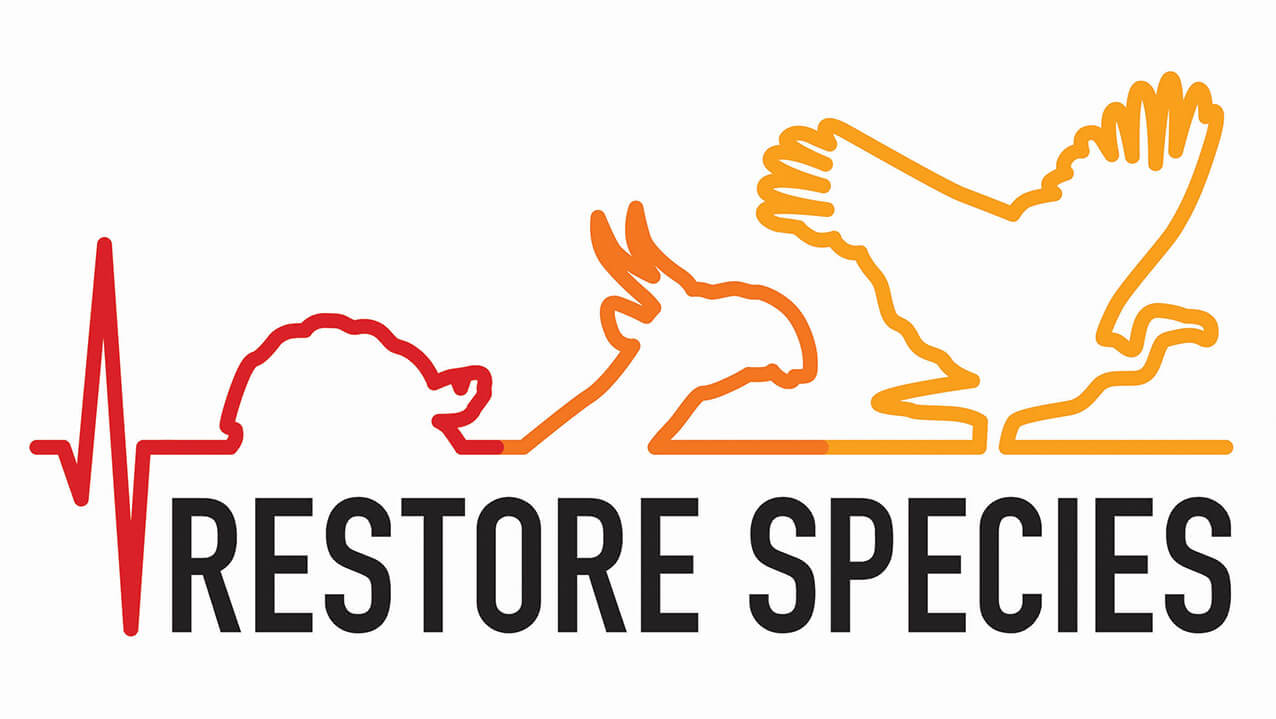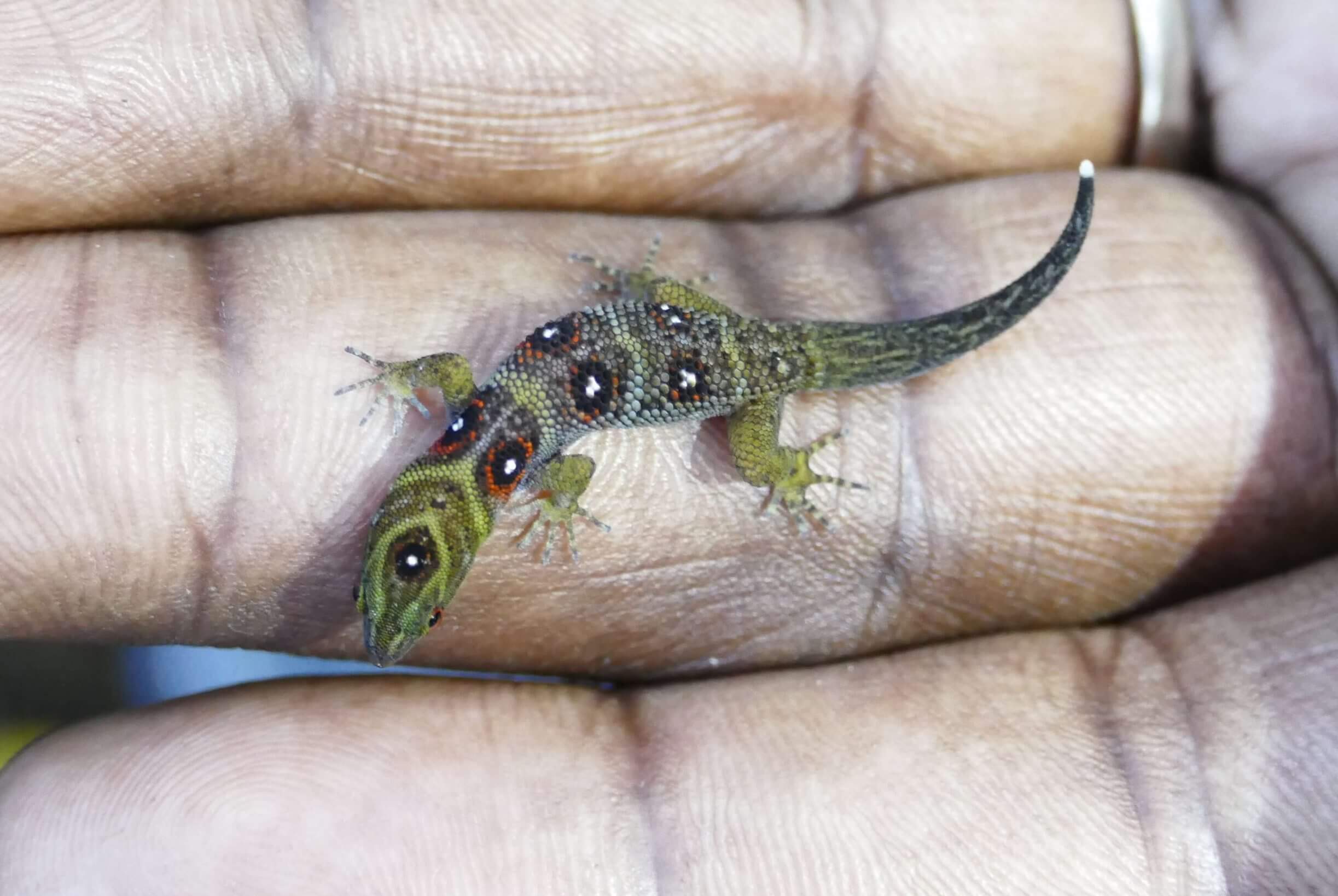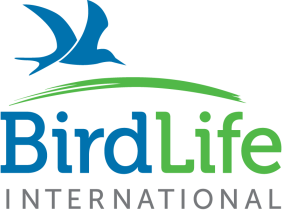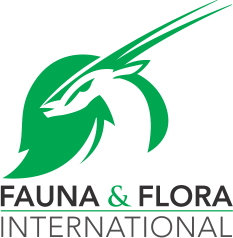Caribbean reptiles are among the most threatened reptiles in the world. The Caribbean islands are one of the world’s greatest biodiversity hotspots, supporting more than 6% of all reptile species. But sadly, this hotspot also has the highest extinction rates, accounting for over 65% of reptile extinctions since 1500. Illegal trade now threatens several of the survivors.
The problem: poaching to supply the international pet trade
The Caribbean’s fascinating endemic reptiles, found nowhere else on earth, already struggle with the impacts of invasive alien species, hurricanes and habitat loss. The added pressure of illegal trade could tip them into extinction.
More than half of the 376 Caribbean reptile species assessed by IUCN (in 2017) are Globally Threatened with extinction.
In 2017, it was found that a staggering 39% of the Eastern Caribbean’s native reptile species are traded internationally, with around one quarter of species listed as Globally Threatened advertised for sale, as were more than half of species for which the threat level had not yet been determined. Most sales were reported in the USA, European Union and Japan. The rarer and more spectacular the reptile, the higher the price, with some iguanas fetching astronomic prices.
Although national and international regulations exist to protect such wildlife, the sheer number of online reptile sales demonstrates that poachers, importers and vendors are willing and able to evade regulations.
These species cannot withstand even low levels of offtake, making this a critical threat requiring urgent action.
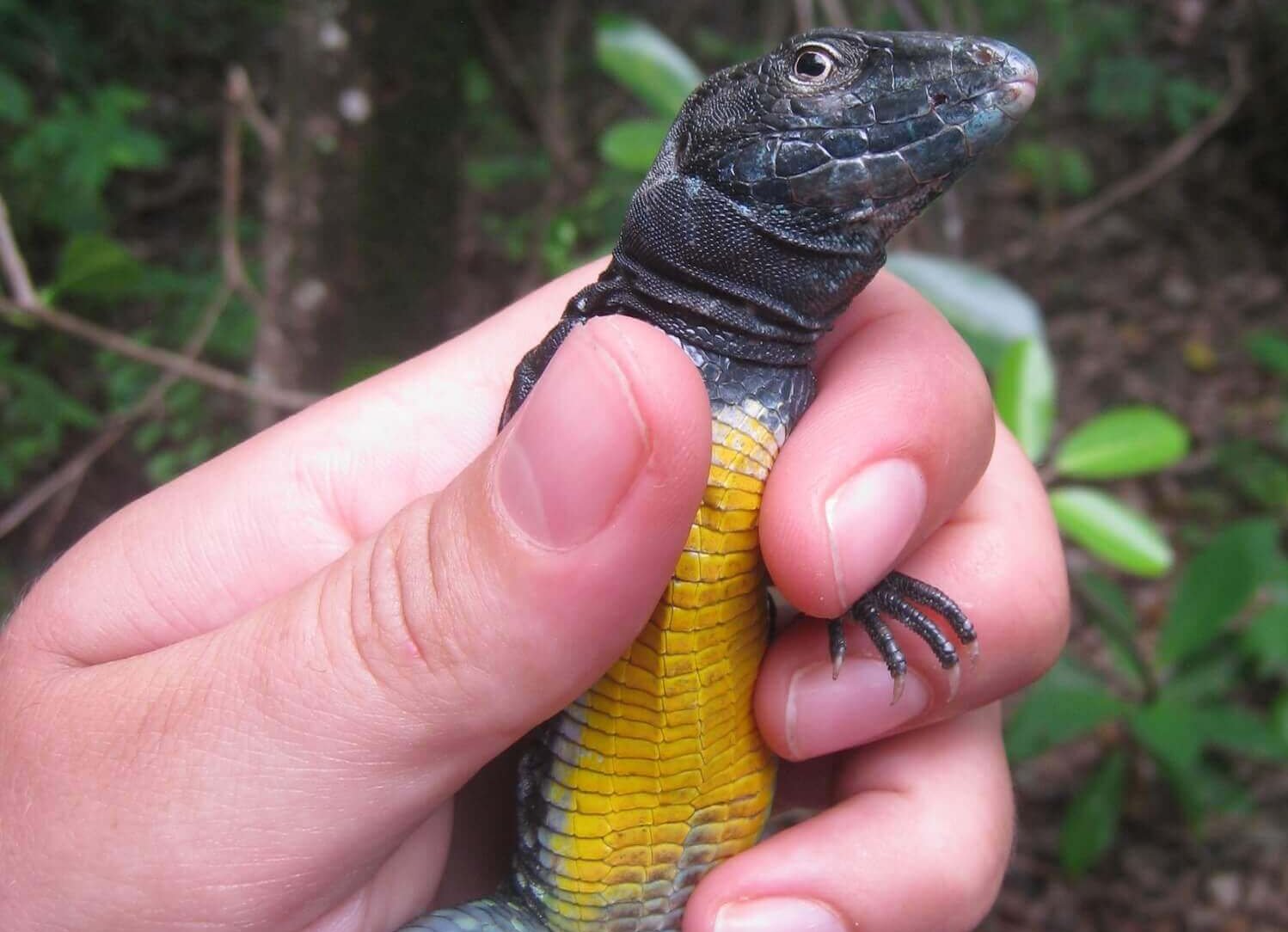
Saint Lucia Whiptail Lizard Cnemidophorus vanzoi on Maria Major island © Twyla Holland / FFI
Priority species
Union Island Gecko
This Critically Endangered lizard can only be found in one small area of Union Island, but their range area has been so heavily scoured and damaged by collectors that they have become hard to find. Locally recruited wardens now patrol the island, and 2017 saw the first arrest and conviction of a reptile poacher. There is still a long way to go but a recovery plan is in place, aiming to halt illegal exploitation of the geckos.
Saint Lucia Whiptail Lizard
Saint Lucia’s reserves are the last refuge of an extraordinary community of native species that have been wiped out in unprotected areas by invasive alien species. The reserves harbour critical populations of six reptile species endemic to Saint Lucia, including 90% of all remaining Saint Lucia Whiptail Lizards. This lizard has now been detected in international trade, and is particularly at risk due to its rarity and vivid colour.
Saint Lucia Iguana
A mere 100 individuals of this threatened species are estimated to remain. Yet, in 2016, at least 10 juvenile Saint Lucia Iguanas appeared for sale in the USA.
Our response
Restore Species Vision: Eastern Caribbean islands supporting thriving populations of native reptile species with the support and active engagement of local communities in their protection.
Aim: To ensure safe habitats for the Caribbean’s threatened reptiles, with strong legislation against illegal wildlife crime and the capacity to enforce these laws, allowing populations to recover and persist.
Actions & outcomes:
The Restore Species Partnership organisations will take urgent action to protect the Eastern Caribbean’s endemic reptiles from emerging unsustainable trade through the following outcomes.
Protecting priority habitats
We will ensure ‘safe sites’ with effective surveillance for these species. More rangers are being trained and equipped to patrol sites that are crucial to endemic reptiles’ survival. We aim to help these staff forge better links with law enforcement agencies, in order to deliver a fast, cohesive response to poaching and trafficking. New technology such as solar-powered 24-hour remote cameras will help to achieve this.
Strengthening legislation and enforcement
We will review existing national and international legislation, take action to strengthen it where there are gaps, and also develop stronger inter-island and international cooperation to tackle illegal wildlife collection and trafficking. On the ground, we will deliver training and technical support to empower and build capacity of law enforcement agencies.
Engaging communities in source and collector states
We aim to engage residents on a local level in the protection of their own local species, raising awareness and fostering a sense of pride and ownership.
Union Island Gecko Gonatodes daudini © Jenny Daltry / FFI
